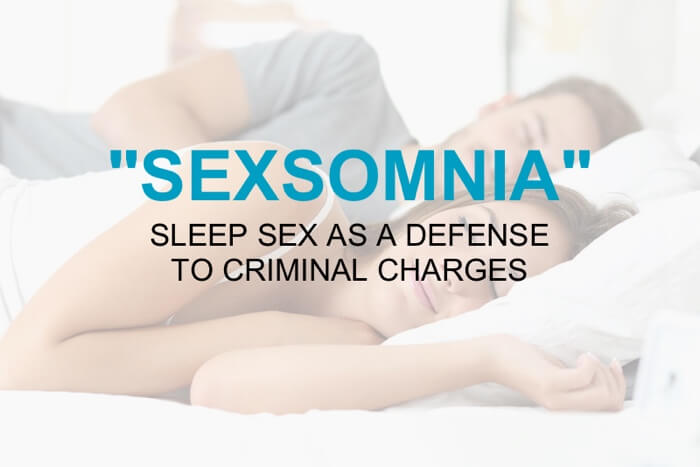
In State v. Pratt, the WA Court of Appeals held that Sexsomnia is an abnormal activity, similar to sleepwalking, that involves people engaging in sexual acts during sleep. However, the trial court’s exclusion of expert testimony regarding sexsomnia did not violate the defendant’s Sixth Amendment right to present a defense because no psychological evaluation could determine whether the defendant suffered from sexsomnia at the time of the offense or that the defendant had the disorder.
BACKGROUND FACTS
The State charged Mr. Pratt with child molestation in the first degree based on an allegation by the juvenile victim MB that Pratt had sexually assaulted her while they were both sleeping in a tent for her cousin’s birthday sleepover party. The party occurred at the home of Pratt’s aunt and uncle. MB is the daughter of Pratt’s aunt’s stepsister.
Before trial, Dr. C. Kirk Johnson, a psychologist, evaluated Pratt to determine if he suffered from a sleep disorder called sexsomnia. Sexsomnia is an abnormal activity, similar to sleepwalking, that involves people engaging in sexual acts during sleep. Johnson concluded that a possible explanation for Pratt’s actions included sexsomnia, but he could not confirm it happened.
At a pretrial evidentiary hearing, Pratt indicated he wanted Johnson to testify as an expert at trial about sexsomnia. Although Johnson could not conclude that Pratt had the disorder, he would testify that sexsomnia exists. Pratt wanted to use this testimony to support his general denial defense. Pratt wanted to argue at trial that if a person is asleep, they cannot be guilty because any touching would not have been done for the purpose of sexual gratification. Pratt viewed being asleep as a general denial.
The State moved to exclude the testimony on grounds of relevance. The judge was concerned that calling an expert to testify about sexsomnia could amount to “a back door diminished capacity.” The judge granted the State’s motion to exclude.
Pratt waived a jury. At a bench trial, court found Pratt guilty as charged. Over the State’s and the victim’s objections, the court imposed a SSOSA disposition. The State appealed the sentence. Pratt cross-appealed the exclusion of Dr. Johnson’s testimony.
COURT’S ANALYSIS & CONCLUSIONS
First, the Court of Appeals reasoned that in order to be eligible for a SSOSA sentence, a defendant must have a connection with the victim which is independent of the crime. Here, Pratt was not eligible for a SSOSA sentence because it is clear that Pratt did not have an “established connection” with MB. Other than the sexual molestation, their only connections involved Pratt giving MB a skewer with marshmallows and asking MB her name.
Second, regarding the defense of Sexomnia, the Court of Appeals reasoned that under State v. Utter, Washington courts have recognized a defense of involuntary action due to sleepwalking where, at the time of the crime, the offender was clearly unconscious.
Furthermore, the defense of involuntary action as a result of being asleep, therefore, should not be treated as one of diminished capacity. Instead, involuntariness due to sleep is an affirmative defense that must be proved by the defendant by a preponderance of the evidence.
In this case, however, the Court of Appeals reasoned that Dr. Johnson could not testify that Pratt suffered from sexsomnia either on the night of the sexual molestation or ever.
“The fact that this disorder exists is irrelevant without some tendency to make the existence of sexsomnia of consequence to the determination of the action more probable than it would without the evidence. No nexus existed between Pratt, sexsomnia, and his actions on the night of the molestation.”
Therefore, the Court of Appeals held that the trial court properly excluded Johnson’s testimony because it was irrelevant to both the general denial defense and to a defense of lack of volition. With that, the Court of Appeals affirmed Pratt’s conviction.
Please contact my office if you, a friend or family member are charged with a crime and the defense involves being unconscious due to sleepwalking, and/or experiencing a medical condition called “slow wave sleep.”
I’ve successfully obtained dismissal of criminal charges for prior clients who were asleep and/or unconscious during the commission of crimes. Expert testimony might be necessary to educate the jury of a possible Diminished Capacity defense.






